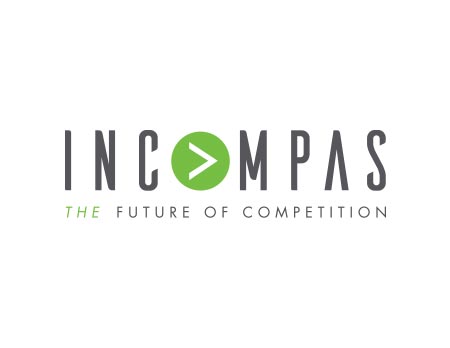INCOMPAS: Public Safety at Risk from Deregulated ISPs
The smarter way to stay on top of the multichannel video marketplace. Sign up below.
You are now subscribed
Your newsletter sign-up was successful
INCOMPAS has told the FCC it should rethink its entire deregulation of internet access and that, in terms of that deregulation's impact on first responders now dealing with COVID-19, "without effective oversight of broadcast internet access service (BIAS) providers and net neutrality rules in place that prohibit blocking, throttling and discriminating, there are no guarantees that public safety communications and information will not be disrupted."

That came in reply comments on the court remand of a handful of elements in the FCC's Restoring Internet Freedom order, specifically asking the FCC to better explain the impact of deregulation, and the FCC's reclassification of internet access as an information service free of common carrier regs, on public safety, the Lifeline low income broadband subsidy, and access to poles and conduits.
Related: INCOMPAS Says Net Neutrality Is Even More Important During Pandemic
INCOMPAS, whose members include Netflix, Amazon, Google, Facebook and Dish, suggested that the pandemic has made it even more important that the FCC rethink its deregulatory decision.
Its main points are that there is not enough residential competition to prevent ISPs from discriminating, that such lack of competition is demonstrated by interconnection agreements and ISPs terminating monopoly, and that while ISPS claim that the deregulation has spurred broadband investment, there are other factors that can explain that increase.
“America’s road to recovery must be paved with access to faster, more affordable broadband,” said INCOMPAS CEO Chip Pickering. “More broadband competition drives investment on Main Street and interconnection powers the streaming revolution. Allowing large ISPs to block, slow or throttle internet access and raise prices would spell disaster for our economic recovery.”
The smarter way to stay on top of the multichannel video marketplace. Sign up below.
Contributing editor John Eggerton has been an editor and/or writer on media regulation, legislation and policy for over four decades, including covering the FCC, FTC, Congress, the major media trade associations, and the federal courts. In addition to Multichannel News and Broadcasting + Cable, his work has appeared in Radio World, TV Technology, TV Fax, This Week in Consumer Electronics, Variety and the Encyclopedia Britannica.

